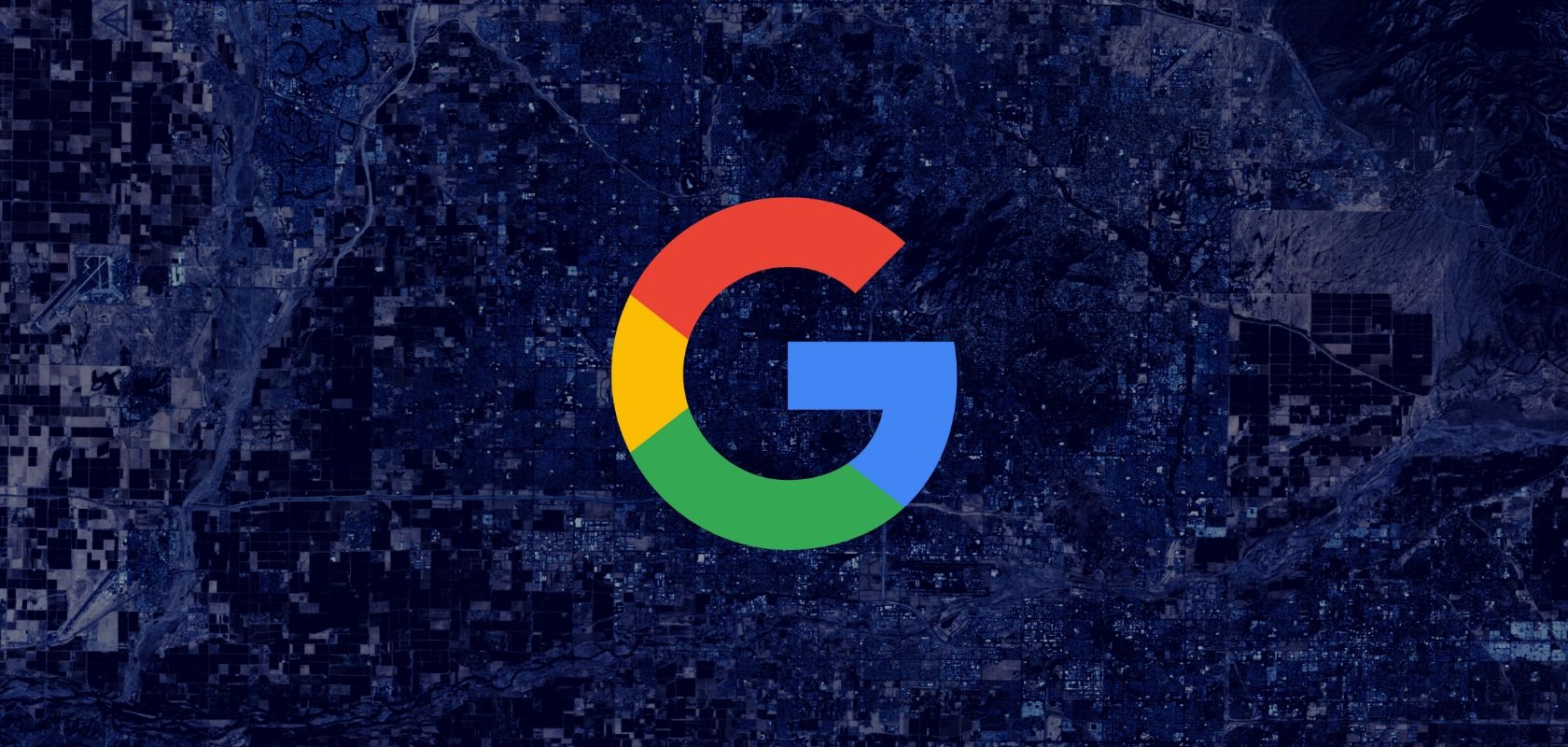It should be no surprise that big mistakes might emerge from big data – and that “little people” might find themselves on the receiving end of such errors.
Phoenix New Times has one such story detailing the plight of Jorge Molina, a 23-year-old resident of Avondale, Arizona.
In December 2018, Molina was arrested on suspicion that he murdered a man named Joseph Knight – and, according to the report, the local police acted on the strength of evidence related to his Google accounts, and the whereabouts of his phone at the time of the deadly incident.
The police report about the murder case describes the arresting officer telling Molina that they knew, “one hundred percent, without a doubt” that “his phone was at the shooting scene.”

Molina reacted like any innocent person might confronted with a nightmarish scenario like this – by crying, and saying, “Oh my God, this is insane.”
The accusation was also false, as the report reveals – since the police arrested Molina “based on location data obtained from Google and the fact that a white Honda was spotted at the crime scene.”
And even though Molina was released after six days as the authorities had no real case against him – the incident cost him “his job, his car, and his reputation,” the article said.
He is now suing the city of Avondale, its police chief and a number of local police officers for $1.5 million in damages he claims he suffered during his wrongful arrest.
Google itself doesn’t appear to be named in the lawsuit, although it was the apparently erroneous data from the tech giant the police used to build their case to the point of justifying arrest.
That’s because the police are faulted for knowing well in advance that Google’s location data on Molina “often showed him in two places at once, and that he was not the only person who drove the Honda registered under his name.”
It turned out that the Honda had also been used by Molina’s stepfather – and that the police allegedly knew this.
Attorneys representing Molina now say that the police had to be aware that “Google’s account-location data is not always reliable in determining the actual location of a person.”
But how about why Google’s data even got to be used by the police as they investigated the case looking for a suspect? The report said that when Avondale police asked, Google complied and provided them with a list of four Google accounts active in the area during the time of the murder.
“From there, Avondale police asked Google for even more information on the accounts,” said Phoenix New Times.
But there’s bad as well as good news here – at least if Molina’s attorneys are to be believed.
“Google location data merely shows a possible physical location of a device that has been used to log into someone’s Google account – without revealing any identifying information of the person who is in possession of that device,” the filing said.













